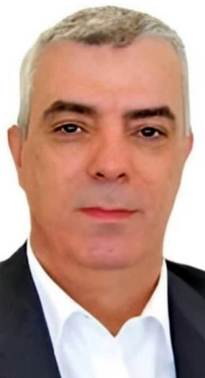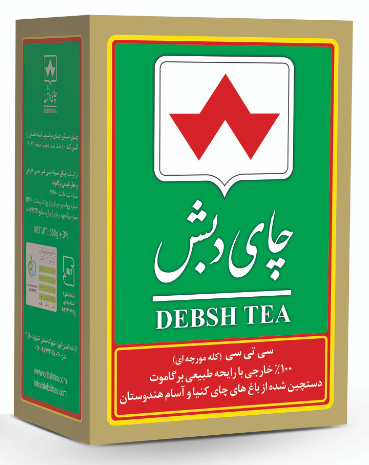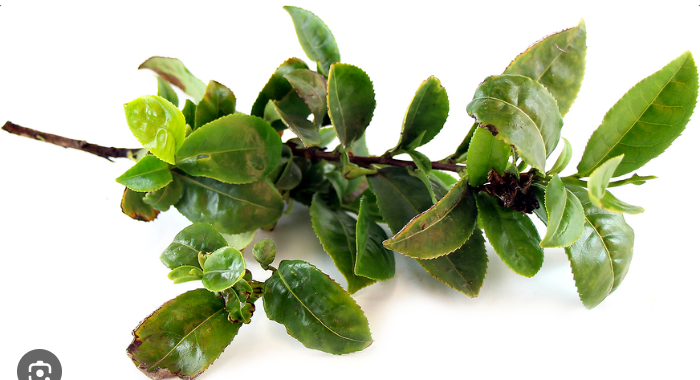February 2, 2024
Iran was overwhelmed by yet another new scandal in December as it was revealed the nation’s main tea importer was sold billions of US dollars at subsidized rates with which to import tea but instead bought luxury goods for an untold number of Iranians who were part of the scam.

The beneficiaries of the fraud were said to include senior officials of both the Rohani and Raisi Administrations, making it an equal-opportunity crime.
The budget for tea imports had for years run at $300 million annually, but in 2021 it tripled without explanation. News reports said the Debsh Tea Company, which handles most of Iran’s tea imports, received $3.37 billion in foreign currency at the subsidized rates over the four-year period 2019 through 2022 for the purpose of importing tea.
 However, $1.4 billion of those cheap dollars were allegedly not used for tea but rather sold on the open market. It isn’t known exactly how much the scam paid for the dollars (and other foreign currencies) and how much they were sold for. But the government sells dollars today for 370,000 rials for essential imports and dollars drew about 515,000 rials on the open market recently. If all the subsidized currency was bought today and all the diverted amount was sold today, the profit would be $365,000.
However, $1.4 billion of those cheap dollars were allegedly not used for tea but rather sold on the open market. It isn’t known exactly how much the scam paid for the dollars (and other foreign currencies) and how much they were sold for. But the government sells dollars today for 370,000 rials for essential imports and dollars drew about 515,000 rials on the open market recently. If all the subsidized currency was bought today and all the diverted amount was sold today, the profit would be $365,000.
No one has been cited by name inside Iran. But Iran International said it had learned that President Raisi removed Agriculture Minister Javad Sadati-nejad in April for being part of the scandal. The head of the Judiciary, Gholam-Hossain Mohseni-Ejai, said December 7 that 60 people have been dismissed from government jobs for involvement in the tea case, but none of them has been named. And, thus, he intimated, no one had yet been arrested even though the case dates back at least seven months to the dismissal of the agriculture minister.

However, a few hours later, government spokesman Ali Bahadori-Jahromi said 60 government managers had been dismissed since Raisi took office two years ago in August 2021. But those dismissals involve many matters other than just the tea scandal. With regard to the tea scandal, he said several low-and mid-ranking officials had so far been arrested, but no big names.
Later news reports said Akbar Rahimi, the CEO of the Debsh Tea Company, was among those arrested as part of the scandal.
The scandal goes beyond the diversion of subsidized currency. Zabibollah Khodaian, the head of the National Inspectorate Organization, said the scandal went beyond the diversion of subsidized funds. He said the Debsh Tea Company had written that it would use the dollars to buy premium Darjeeling tea from India at $14 per kilo, but that the firm actually bought Kenyan tea for $2 per kilo, pocketing the difference.
While the tea scandal simmered—or should we say brewed—Habib Kashani, a member of the Tehran City Council, said the municipality took in 800 trillion rials in revenues last year with the spending of 520 trillion documented, but no accounting for the remaining 170 trillion or 20 percent of the total funds.
Valiollah Seif, who was governor of the Central Bank early in the Rohani Administration, said in an interview January 7 that the policy of handing out foreign currency at cheap rates is perhaps the biggest source of corruption in Iran because it is so easy to use the currency to buy consumer goods rather than food or medicine.
On December 18, the Supreme National Security Council (SNSC), which is chaired by the president, issued an edict ordering newspapers to cease carrying stories about the Debsh Tea Co. fraud. Remarkably, the press just ignored the order and continued to write about the case.
The daily Jahan-e Sanat asked how the president, who publicly calls for corruption to be firmly confronted, could order the press to ignore the largest corruption case in the history of the Islamic Republic.
The website Rouydad24 published a list of 12 major cases of corruption since 2011 with the estimated fraud totals next to each case. The bottom line came to $94.3 billion stolen from the state in a dozen years.
The daily Faraz, however, gave completely different figures totaling $31.2 billion since the establishment of the Islamic Republic—zero under Prime Minister Mir-Hussein Musavi in the 1980s, $3.5 billion under President Rafsanjani, $5 billion under President Khatami, $16.7 billion under President Ahmadi-nejad, $2.7 billion under President Rohani and $3.3 billion so far under President Raisi. Raisi has only served two years so far, while the others each served eight years.
The sources of these numbers are unknown and need to be taken with a large grain of salt.























